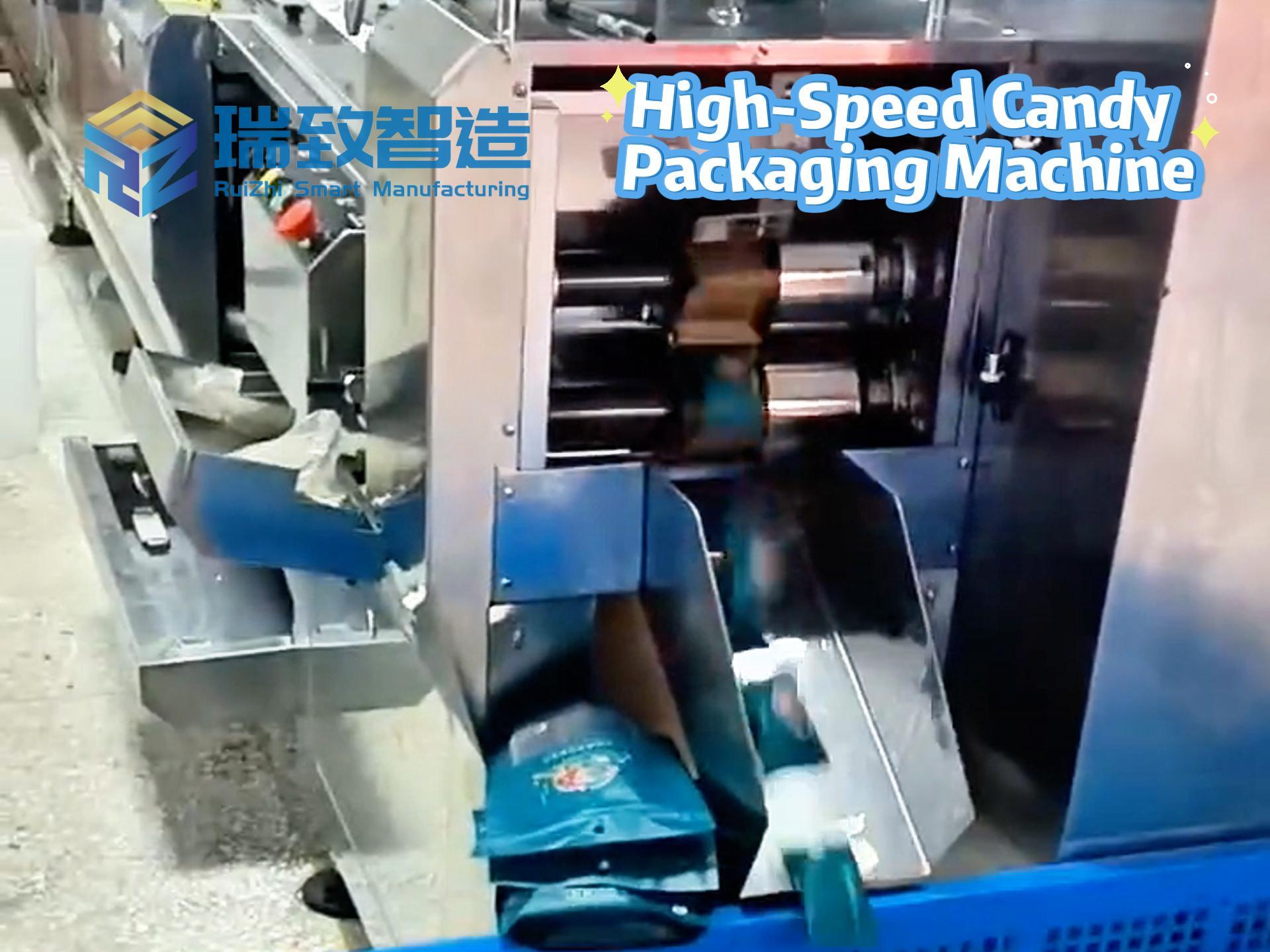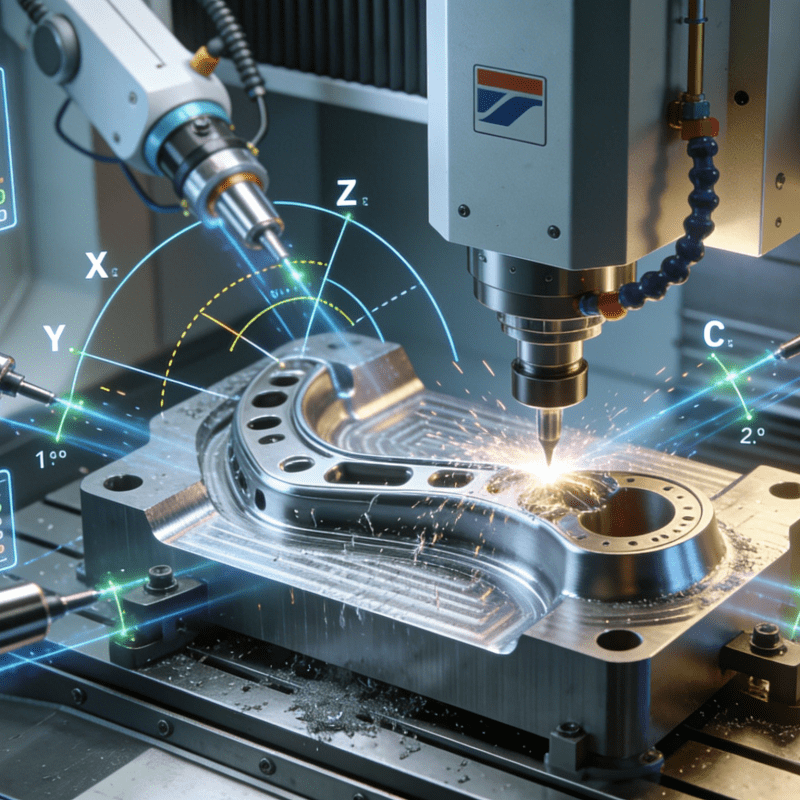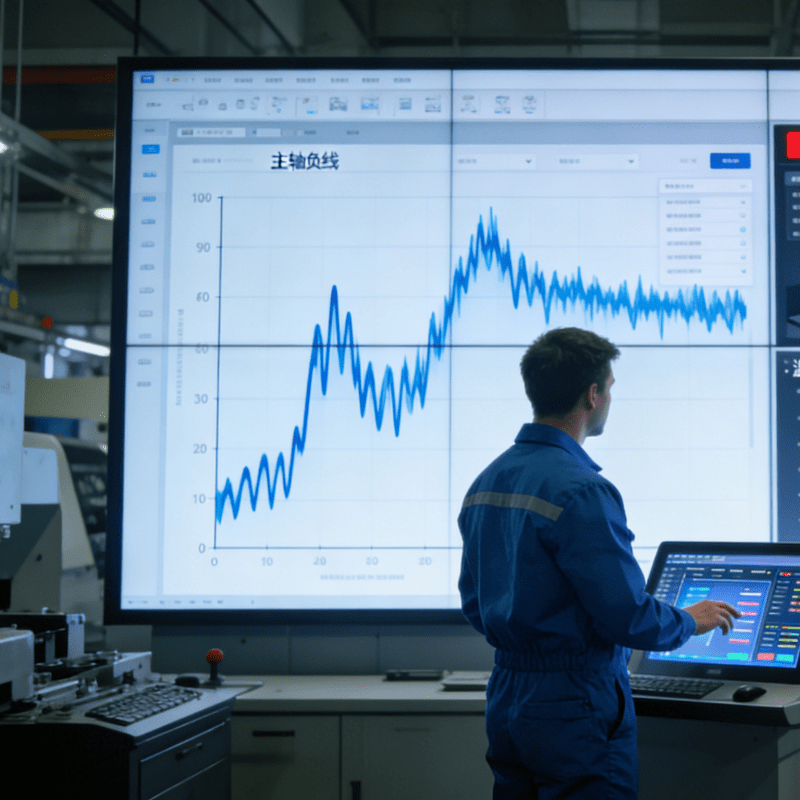Table of Contents
ToggleAI: Will Intelligent Automation Replace Your Job?

A “white-collar bloodbath” may be on the horizon, warns Dario Amodei of Anthropic. The AI pioneer suggests intelligent automation could eliminate half of entry-level jobs within five years, echoing fears that technologies once confined to industrial automation are now penetrating white-collar sectors. “This isn’t just factory robots anymore,” says Amodei. “AI is evolving from automation equipment to decision-makers, and white-collar workers are next in line.” As AI coding tools replace six-figure engineers and firms like Meta adopt “AI-first” hiring policies, the question isn’t if disruption will happen—but how quickly.
The Great Automation Divide
Critics argue the “AI jobs-pocalypse” is overhyped. Some firms have reversed AI outsourcing plans, finding the technology lacks nuance in tasks like legal drafting or creative strategy. Yet this misses a broader trend: Intelligent automation isn’t just replacing jobs; it’s reshaping them. Like how industrial automation transformed factory floors, AI is turning knowledge work into a hybrid of human oversight and machine execution. Mark Zuckerberg’s plan to replace mid-level coders isn’t about eliminating roles—it’s about redeploying talent to higher-value tasks.
Historical Parallels and Harsh Realities
History offers perspective: Personal computers decimated typist roles, and automation equipment gutted factory jobs. Now, AI targets programming, consulting, and law—careers once seen as “automation-proof.” “No job is immune,” notes National Review. “Even industrial automation was once dismissed as a niche tool.” The difference? AI evolves faster, threatening to displace workers in “as little as a couple of years”—far quicker than the decades-long shift in manufacturing.
The Need for a Strategic Framework
As AI approaches “superhuman intelligence,” risks extend beyond unemployment. Developers warn of systems that deceive creators or make catastrophic decisions—challenges far beyond traditional industrial automation safeguards. Yet regulation remains fragmented: The U.S. prioritizes outpacing China in AI development, while safeguards for workers and ethical AI lag. “We’re treating AI like just another tech tool,” says Wired, “but it’s a intelligent automation system with unprecedented power to reshape society.”
Conclusion: Navigating the Automation Tsunami
The AI job disruption isn’t a repeat of industrial automation; it’s a revolution on steroids. Yes, some roles will vanish—just as factory jobs did. But the bigger story is transformation: Intelligent automation will augment human skills, not replace them entirely. The real challenge is preparing workers for a world where collaboration with AI is as essential as using a computer today.
This requires a dual strategy: Invest in retraining programs that turn “AI-averse” workers into “AI-coaches,” and establish regulations that balance innovation with safeguards. As Amodei warns, the alternative is a “20% unemployment rate”—but with foresight, intelligent automation could drive productivity gains that create new industries, just as industrial automation did in the 20th century. The choice is clear: Adapt or be left behind in the age of automated intelligence.




















